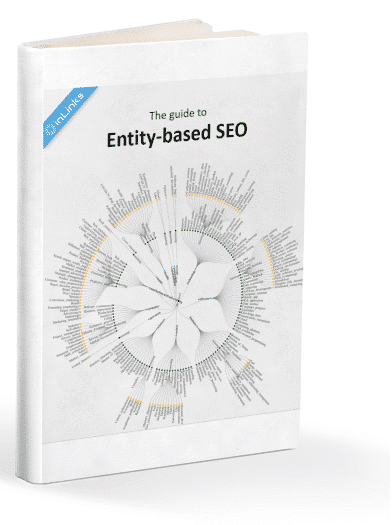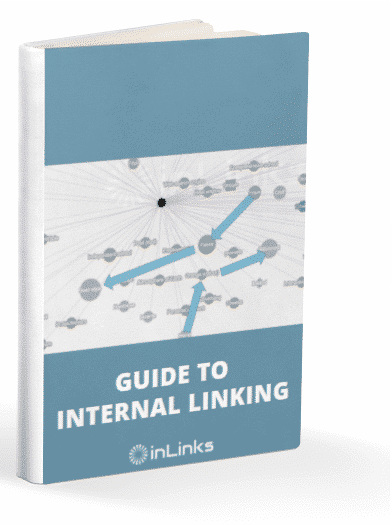Are you struggling with getting the most out of your SEO team? Maybe you’ve recently moved into an SEO team management role and your wondering how you can be as effective as possible? Perhaps you’re an agency owner and you’d like to improve your operation. If the above interested you, make sure you tune into this month’s episode of the Knowledge Panel!

Dixon Jones is joined by Aiala Icaza González (SEO Director at Reflect Digital), Helen Pollitt (SEO Team Manager at iTech Media), Si Shangase (Havas Media Group) and Laura Hogan (Owner, Sweet Digital Marketing Agency).
Sign up to watch live over on our Knowledge Panel Show home page.
Want to Read Instead? Here is a Summary
In today’s fast-paced digital landscape, managing SEO teams requires a delicate balance of communication, collaboration, and continuous learning. In this episode of the Knowledge Panel, industry experts dive deep into their experiences and share valuable insights on effective team management. Join us as we explore various approaches and strategies for nurturing productive and engaged SEO teams.
Introduction:
Welcome to Episode 13 of the Knowledge Panel, where we discuss the nuances of managing SEO teams. With a diverse panel of experts, we delve into the challenges and successes that come with leading SEO teams in a global context.
Meet the Panel:
Laura Hogan: Owner of Sweet Digital, a UK-based agency with a global team.
Helen: SEO Manager at iTech Media, overseeing a mix of remote and in-person team members.
Ayala: SEO specialist at Reflect, collaborating remotely with a diverse team.
Isla Gonzalez: SEO Director at Havas, managing a medium-sized team in the UK.
Key Takeaways:
Global Talent: Laura emphasizes the value of tapping into talent from different regions. The pandemic has shown that physical presence isn’t essential for effective collaboration, leading to a more diverse and talented team.
Tailored Management: Helen emphasizes the importance of understanding individual team members’ preferences when it comes to management styles. Regular check-ins, instant messaging, and personal communication methods can be tailored to each team member’s needs.
Strengths-Based Approach: Isla introduces the concept of focusing on team members’ strengths and using tools like StrengthsFinder to identify their preferences. Acknowledging and leveraging strengths leads to more engaged and productive team members.
Empathy and Communication: Ayala highlights the significance of empathy and open communication. Acknowledging that everyone has good and bad days and adapting management styles accordingly fosters a supportive and understanding team environment.
Structured Learning vs. Informal Sharing:
The panel discusses different approaches to learning within teams. Laura’s agency relies on informal knowledge-sharing sessions where team members teach each other. Helen shares how iTech Media balances structured training days with the flexibility to cater to individual learning preferences. Ayala speaks about the importance of a balanced mix of structured training and informal discussions.
Creating a Unified Team Communication:
The discussion shifts to keeping everyone on the same page, especially in a remote work environment. Laura highlights the value of dedicated channels for each client, ensuring valuable information and resources are organized and easily accessible. Helen suggests offering various communication options to cater to individual preferences. Ayala emphasizes the need for an open dialogue culture and initiative-taking communication.
In the world of SEO agencies, team dynamics and strategies play a crucial role in delivering successful outcomes for clients. During a recent discussion on The Knowledge Panel Show, industry experts delved into various aspects of team organization, communication, leadership, and more. Here’s a recap of the insightful conversation:
Team Structure and Organization:
The panelists discussed the structure of their teams within their respective agencies. They highlighted the importance of structuring teams based on client needs, with different teams focusing on specialized areas such as SEO, PPC, content, and more. The concept of “pods,” where specific teams collaborate on particular client projects, was also mentioned.
Communication and Collaboration:
Effective communication is key in any team environment. Panelists shared how their agencies facilitate communication among team members, clients, and other stakeholders. Regular meetings, both within teams and with clients, were highlighted as essential for keeping everyone aligned. The use of tools like Microsoft Teams and Slack was also discussed as ways to streamline communication.
Leadership and Management Styles:
The panelists emphasized the significance of leadership that fosters respect, understanding, and open communication. They suggested avoiding top-down, dictatorial approaches and instead encouraged leaders to learn from negative experiences with previous bosses. Each panelist shared their unique management styles, including being respectful, understanding individual preferences for feedback, and providing mentorship and guidance.
Hybrid Work Environments:
As hybrid work environments become more common, the panelists discussed the challenges and benefits of managing teams with both in-office and remote members. They emphasized the importance of finding a balance that works for everyone, acknowledging that hybrid meetings and communication methods can be a challenge to navigate effectively.
Goal Setting and Methodologies:
Setting goals within teams is crucial for measuring success. The panelists shared their approaches, which included using OKRs (Objectives and Key Results) and quarterly goal-setting sessions. They highlighted the value of involving team members in the goal-setting process and tailoring it to individual preferences and skill development.
Time Tracking:
The panelists had differing views on time tracking. While some emphasized the importance of tracking time for client billing and project management, others found it less relevant in their specific work environments. It was acknowledged that time tracking tools can be beneficial when used efficiently, but personal discipline and understanding team dynamics were equally important.
Conclusion:
In conclusion, the panel discussion shed light on the complexities and strategies involved in managing teams within SEO agencies. Effective communication, adaptable structures, respectful leadership, and a balanced approach to hybrid work environments were key takeaways. By fostering collaboration and understanding, SEO agencies can achieve optimal team dynamics and deliver exceptional results for their clients.
Managing SEO teams is a dynamic task that requires adapting to individual needs, embracing diverse strengths, and fostering effective communication. As the digital landscape evolves, successful team management hinges on creating a supportive, collaborative environment that empowers team members to excel and continuously learn.
Thank you for joining us on this episode of the Knowledge Panel. Stay tuned for more insightful discussions and valuable insights from industry experts.




Leave a Reply
Want to join the discussion?Feel free to contribute!